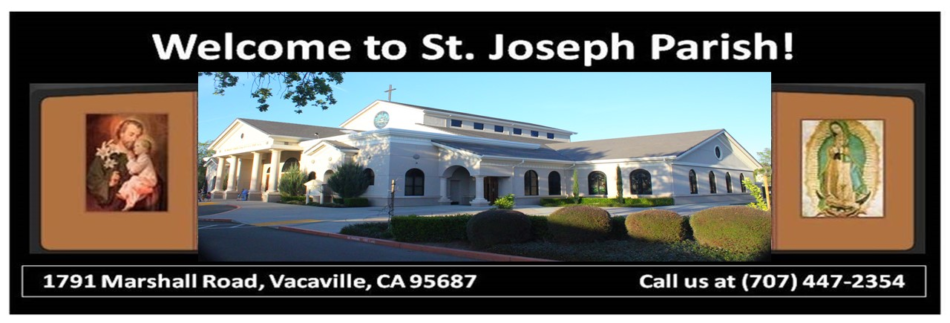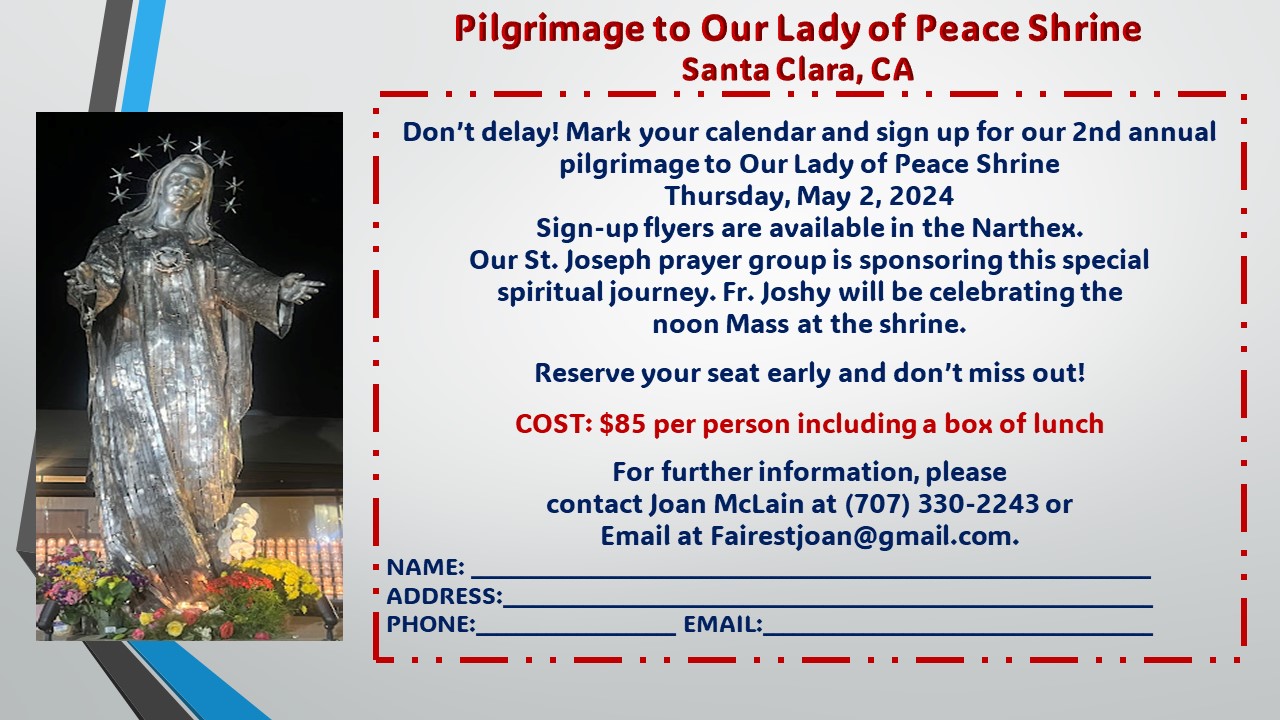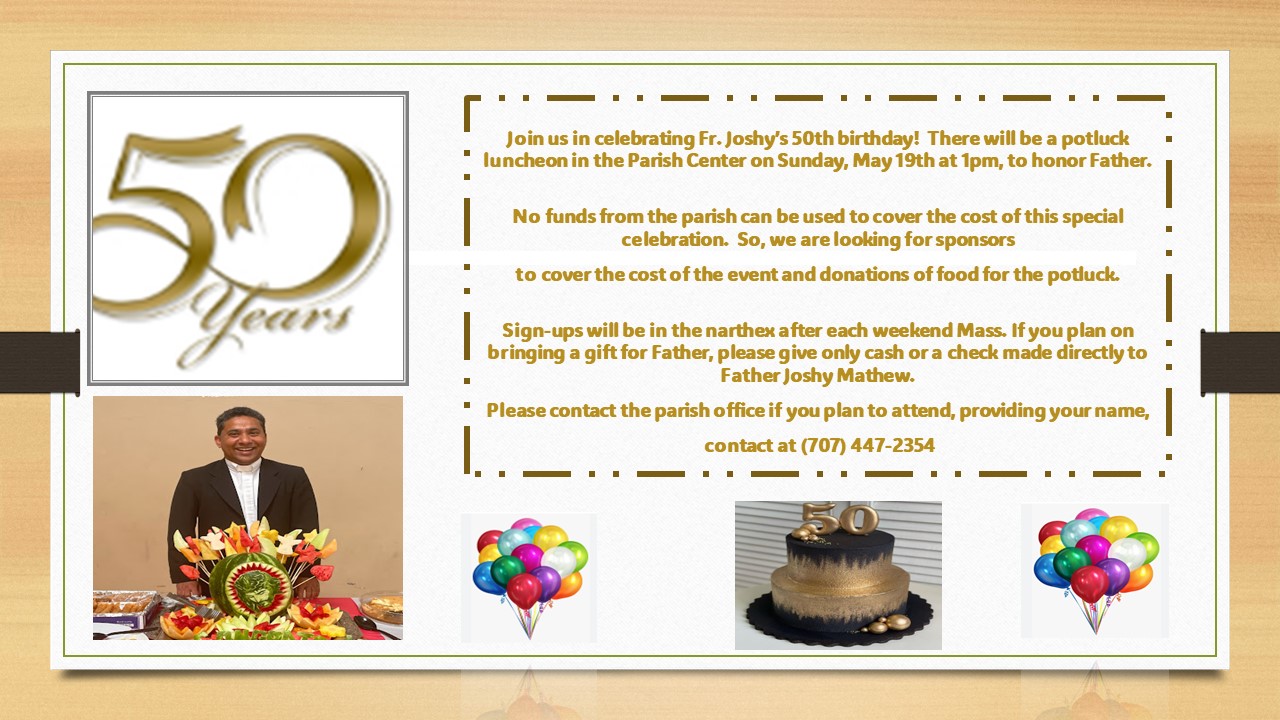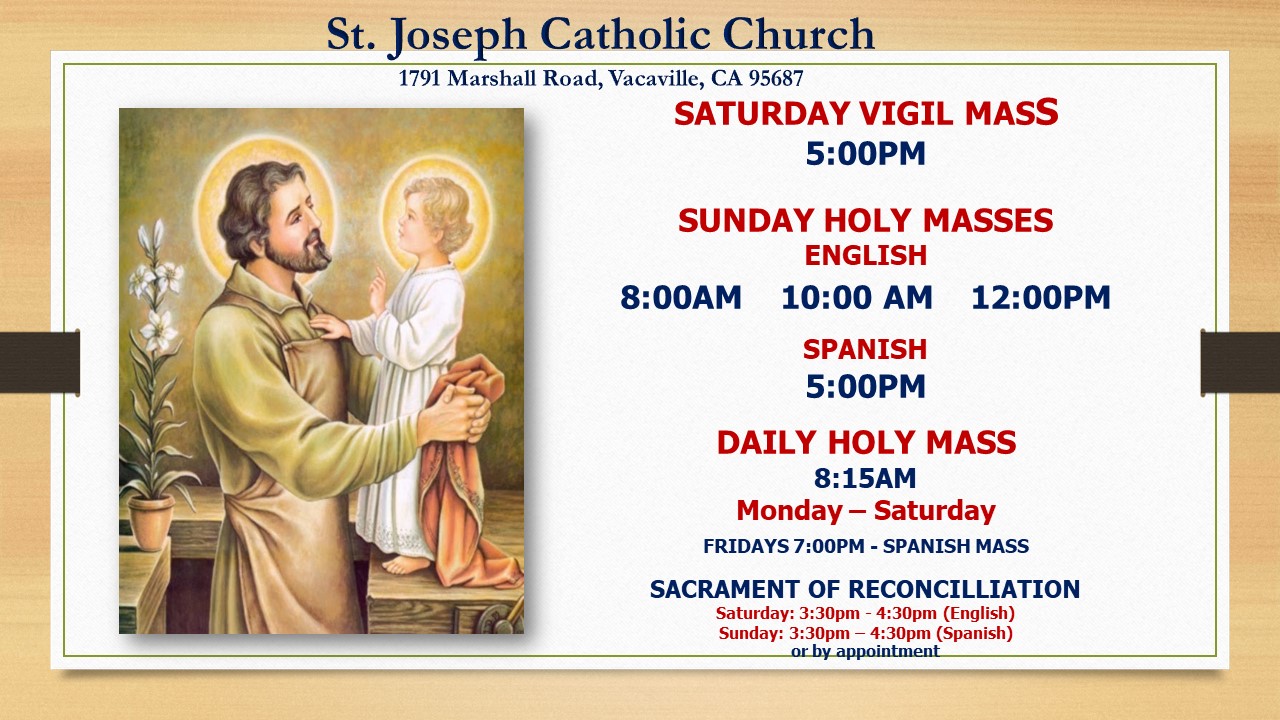To live as God intends, we must above all love one another. 1 John 3:18-24
Little children, let us love, not in word or speech, but in truth and action. And by this we will know that we are from the truth and will reassure our hearts before him whenever our hearts condemn us; for God is greater than our hearts, and he knows everything.
Beloved, if our hearts do not condemn us, we have boldness before God; and we receive from him whatever we ask, because we obey his commandments and do what pleases him. And this is his commandment: that we should believe in the name of his Son Jesus Christ and love one another, just as he has commanded us. All who obey his commandments abide in him, and he abides in them. And by this we know that he abides in us, by the Spirit that he has given us.
MORE THAN JUST A CODE TO GUIDE US
People’s fascination with the history of ancient Egypt and its Pharaohs is not only for the wonderful buildings and sculptures they left behind, but also from the social point of view. For here we had a whole people organized for one purpose, to secure the continuation of the Pharaoh in the next world. They surrounded their rulers’ burial with such detailed customs, laws and rituals, the purpose of which was to create the impression that the Pharaoh was still alive. They even placed food in his tomb, together with his favorite furniture, chariots, games, and weapons. But the striking thing about mummies, whether royal or not, is that they are very dead indeed. Religion too can degenerate into code and cult, just a set of laws to be kept and rites to be fulfilled, but such a religion will in time become dry and musty, and like the mummies utterly devoid of life. A celebrity was asked on a T.V. religious program about the place of religion on his life, and if he could easily do without it, and he answered, “Yes, maybe, but then it is always a guide to help one keep in line.” For him religion was a code to help him regulate his conduct. People of that mindset often want religion to be mummified, like a static signpost in their lives. But, if it means anything, Christianity must be a living, a vibrant force in one’s life. Not only does Christ live on in the community of believers, but through them, he carries on his mission of ministering to people in need of his mercy and love.
In those who spread the words of the gospel to others, whether in the mission fields, in the parish, in our schools, we have the fulfilment of Jesus’ prayer at the Last Supper, “That they may know the one true God, and Jesus Christ whom you have sent.” In every instruction in the faith, given and received, we have a figure of Christ restoring his sight to the poor man, who at first beheld people dimly, as if they were trees, and then came to see clearly. In every sinner who comes to repentance we see, as it were, Lazarus raised once more from the dead, casting off the shroud of sin that enveloped him. In every coming together around the Table of the Eucharist, we, like the Apostles are witnesses before the whole world to the task, entrusted to us by Christ, of proclaiming his death and resurrection until he comes at the end of time. Christianity is not, and never should be, mere code or mere cult.
If you see Christianity as a code — “you must do this, you must avoid that, you must be present at this Mass” — is one often heard — then it is possible to begin to credit your account before God by claiming, “I attend Mass, I observe this law, I have progressed so much on the way you require of me.” It is possible to reach the stage where you begin to see yourself as being perfect, with no further need for a savior. But, alas, such an assessment of one’s standing before God is precisely that of the Pharisees, of whom Christ said to his listeners, “I tell you, if your virtue goes no deeper than that of the Scribes and Pharisees, you will never enter the kingdom of heaven” (Mt 5:20). True Christianity is the vision of ourselves as being encompassed by God’s love, that despite our faults, God loves us to the point of foolishness, to the point of death on a cross. If we believe in Christ, God is ready to regard us as his children and friends. Friends do not ask for literal commands, but from their personal acquaintance with the one that loves them, they try and understand his half-words. From love of him they try and anticipate his wishes.
If we see our lives as a response to the immense love God has for us, then there will no longer be constraint. Rather, will religion have a liberating effect in our lives. We will enjoy what scripture describes as “the liberty of the children of God.” But then again, so great is the love of God for us that we will see our efforts at responding to that love as always falling short of what we desire. The trouble with those who see their lives as blameless is that they have limited vision. They do not raise their eyes above themselves. Why should we continue to strive after something which seems beyond us? The answer from St Augustine is that we must do so because we have an inbuilt need for God, and nothing short of him will ever satisfy that inner seeking which is with us all our lives.
FALSE PROPHETS
Admirers have suggested that the brilliance of Oscar Wilde’s plays was only surpassed by that of his conversation. He was a superb raconteur whose conversational offerings were heavily laced with irony. He had a particular penchant for parables, often recounting them in the style of the gospel narrative. Here is one of them. “One day, an unknown man walked down the street. It was the first hour of daylight and people had not yet gathered in the marketplace. The man sat down by the wayside and, raising his eyes, he began to gaze up to heaven. And it came to pass that another man who was passing that way, seeing the stranger, he too stopped and raised his eyes to heaven. At the second and third hour, others came and did likewise. Soon word of this marvelous happening spread throughout the countryside and many people left their abodes and came to see this stranger. At the ninth hour, when the day was far spent, there was a great multitude assembled. The stranger lowered his eyes from heaven and stood up. Turning towards the multitude, he said in a loud voice: “Amen, amen~ I say unto you. How easy it is to start a religion!”
To start a religion, as Wilde observed, may not be that difficult, but to ensure its survival is quite another matter. People are gullible. Futurists predict a growth in religious activity in the 21st century. For them it forms part of the leisure industry which is expected to expand dramatically. Whether one should greet this prediction with joy or apprehension is a matter for debate. A purely statistical increase in church membership is a dubious gain. What counts for Christianity — indeed, what ensures its survival — is not external but internal growth. What is required is not more members of the Catholic Church, but better disciples of Jesus Christ.
Mere membership and full discipleship are worlds apart. Christianity has always suffered from a surfeit of members and a shortage of disciples. Humans are social animals and crave to be associated. In a world grown cold and depersonalized the churches offer a comfortable ambiance of friendship and security. Often the gospel is diluted to accommodate the prejudices and lifestyle of the parishioners. Few preached fearlessly enough, like St Paul, to risk their livings, let alone their lives. The radical Christ is made into a benign bishop and the collection plate registers members’ approval. Too many withered branches remain un-pruned.
St John tries gently to prod us into discipleship. “My children, our love is not to be just words or mere talk, but something real and active.” You won’t meet Christ in your Sunday liturgy, if you haven’t rubbed shoulders with him in the office, in the factory or in the kitchen. You won’t hear his message from the altar if you were deaf to his call at your office desk. Jesus put it simply and bluntly: “It is to the glory of my Father that you should bear much fruit and then you will be my disciples.”
Gospel: John 15:1-8
“I am the true vine, and my Father is the vine-grower. He removes every branch in me that bears no fruit. Every branch that bears fruit he prunes to make it bear more fruit. You have already been cleansed by the word that I have spoken to you. Abide in me as I abide in you. Just as the branch cannot bear fruit by itself unless it abides in the vine, neither can you unless you abide in me. I am the vine; you are the branches. Those who abide in me and I in them bear much fruit, because apart from me you can do nothing. Whoever does not abide in me is thrown away like a branch and withers; such branches are gathered, thrown into the fire, and burned. If you abide in me, and my words abide in you, ask for whatever you wish, and it will be done for you. My Father is glorified by this, that you bear much fruit and become my disciples.



















